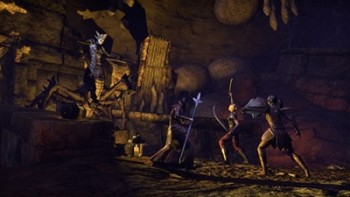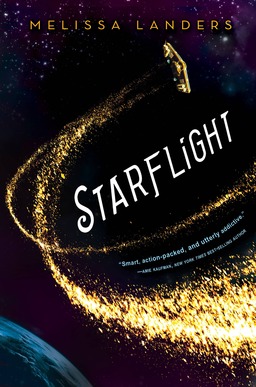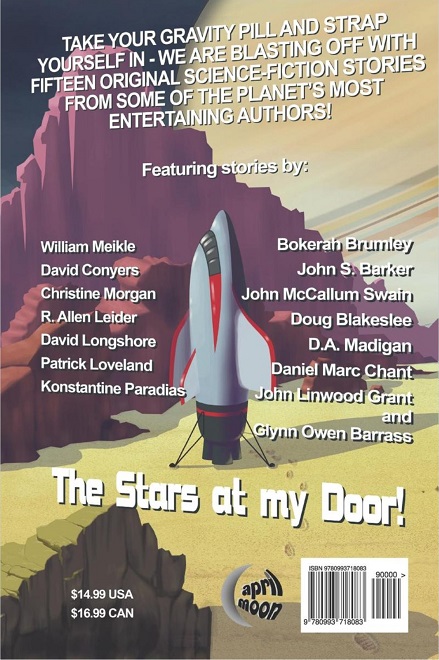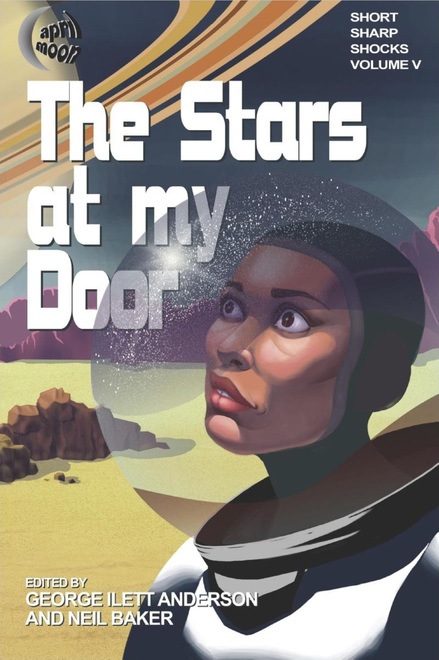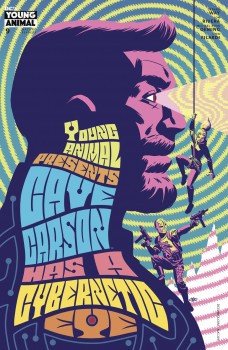Fantasia 2017, Days 7 to 9: The Laplace’s Demon
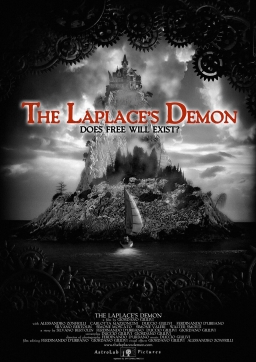 After two days off, I returned to Fantasia on June 21 fit, trim, and rested. Randomness defines my festival schedule — it happened that the previous two days had nothing I wanted to see. But that Friday afternoon I was looking forward to one of the most intriguing movies listed in Fantasia’s catalogue: The Laplace’s Demon, directed by Giordano Giulivi.
After two days off, I returned to Fantasia on June 21 fit, trim, and rested. Randomness defines my festival schedule — it happened that the previous two days had nothing I wanted to see. But that Friday afternoon I was looking forward to one of the most intriguing movies listed in Fantasia’s catalogue: The Laplace’s Demon, directed by Giordano Giulivi.
A team of scientists has worked out how to calculate the complexities of glass shattering. Their mathematics imply a deterministic universe, if the code can be more fully cracked. The movie begins with them on their way to a mysterious island, summoned to the mansion of a reclusive genius. There, in his empty mansion, they find the terrible truth — their host, speaking to them by videotape, is playing a terrible game. He’s gone further than them, pushed the math beyond human sanity. Now the researchers are elements in a vaster experiment: the horrific mechanisms in the isolated house will eliminate them, one by one, if the equations are correct. Can they find a flaw in the math and save themselves? Is there room in the universe for free will?
Watching the film play out I saw science-fiction and mystery and horror blend in a classic plot framework. The movie feels like an artifact from Hollywood’s Golden Age, some previously-unknown Val Lewton piece, a forgotten film by James Whale. It’s shot in a heavily-shadowed black and white, much of it in one elaborately-furnished room filled with dark corners and rich art-nouveau details. Close-ups and odd foreshortening adds to an air of unreality, fostered by an unusually tasteful use of CGI. The characters here are caught in a metafictional plot, which can be predicted but not evaded. Clever, well-crafted, it evokes Halloween frissons of delicate horror, surprising while generating a sense of inevitability, moving to a creaky but effective plot climax that resolves its themes with the bleakness of a death’s-head inevitable grin at a deterministic universe.
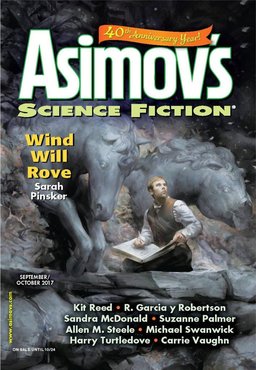
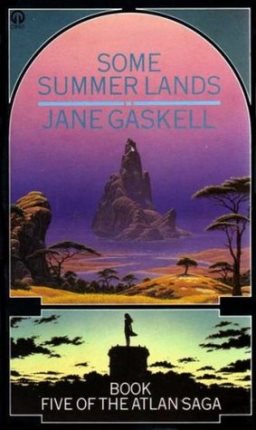
 As the year begins to burn itself out, as the light of summer gives way to long ghoul-ridden nights, as the cold grows a little more each day like spadefulls of earth slowly burying a coffin, what better time to think ahead to the horrors of Christmas? Not the pedestrian horrors of shopping and family, but the deeper terrors of knifemen and ghosts and dark-souled elves: the traditions of the season. Publisher Spectacular Optical’s planning a celebrate of exactly those kinds of Christmas frights, with their upcoming volume Yuletide Terror: Christmas Horror on Film and Television.
As the year begins to burn itself out, as the light of summer gives way to long ghoul-ridden nights, as the cold grows a little more each day like spadefulls of earth slowly burying a coffin, what better time to think ahead to the horrors of Christmas? Not the pedestrian horrors of shopping and family, but the deeper terrors of knifemen and ghosts and dark-souled elves: the traditions of the season. Publisher Spectacular Optical’s planning a celebrate of exactly those kinds of Christmas frights, with their upcoming volume Yuletide Terror: Christmas Horror on Film and Television. Tuesday, July 18, I set off for Fantasia with another full day before me. I planned to watch three films for which I had three different expectations. First was Animals (Tiere), a German film promising surrealism and artfulness. Then the Chinese big-budget special-effects blockbuster Wu Kong. Finally, and perhaps most intriguingly, House of the Disappeared (Si-gan-wi-ui-jip), a Korean horror movie based on a Venezuelan movie called The House at the End of Time (La casa del fin de los tiempos) which I’d seen three years ago during my first year covering Fantasia; I couldn’t help but wonder how that film would translate across cultures.
Tuesday, July 18, I set off for Fantasia with another full day before me. I planned to watch three films for which I had three different expectations. First was Animals (Tiere), a German film promising surrealism and artfulness. Then the Chinese big-budget special-effects blockbuster Wu Kong. Finally, and perhaps most intriguingly, House of the Disappeared (Si-gan-wi-ui-jip), a Korean horror movie based on a Venezuelan movie called The House at the End of Time (La casa del fin de los tiempos) which I’d seen three years ago during my first year covering Fantasia; I couldn’t help but wonder how that film would translate across cultures.